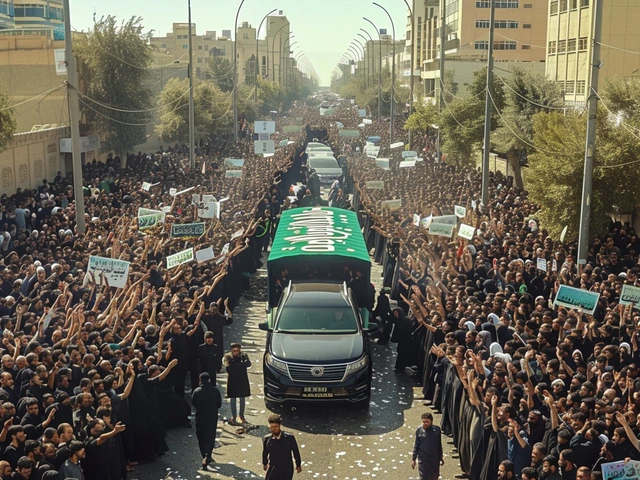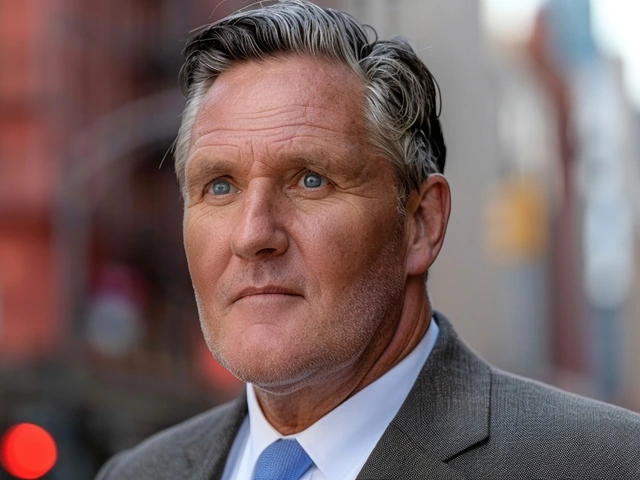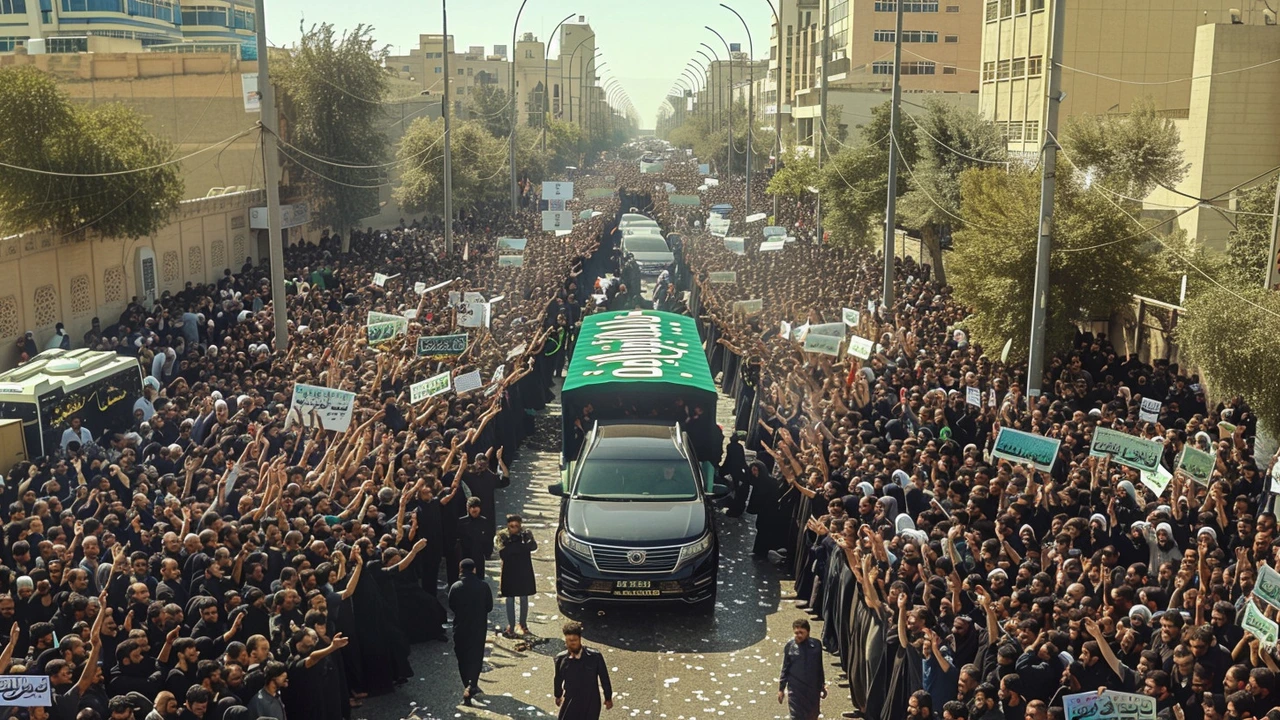
Iran Prepares for Presidential Elections After Tragic Death of Ebrahim Raisi
Iran Prepares for June 28 Presidential Elections After the Tragic Passing of Ebrahim Raisi
In the wake of a tragic helicopter crash that resulted in the untimely death of President Ebrahim Raisi on May 19, Iran has announced the date for its next presidential election on June 28. This decision comes as per Article 131 of the Iranian Constitution, which mandates fresh elections within 50 days following the death of a sitting president. The rapid scheduling underscores the urgency and gravity of maintaining leadership continuity in these turbulent times.
The nomination process for presidential candidates is set to begin on June 10. This period of slightly over two weeks will be crucial for political parties and independent candidates to position themselves and present their visions for Iran's future. The results of the election are expected to be announced by July 8. This expedited election timeline reflects not only the constitutional requirements but also the need for stability and clear governance in a nation grappling with both internal and external challenges.
The Legacy of President Ebrahim Raisi
President Ebrahim Raisi, who was elected in 2021 with more than 61% of the vote, left a significant legacy in Iranian politics. Known for his staunch anti-imperialist stance, Raisi actively sought to strengthen regional relations and expand Iran's influence both regionally and globally. One of his most notable achievements was orchestrating a reconciliation agreement with Saudi Arabia. This landmark agreement, brokered by China, effectively ended years of conflict between the two powerful nations, marking a new era in Middle Eastern diplomacy.
Under Raisi's leadership, Iran fostered closer ties with key players such as Russia, China, and other countries in the Global South. He was a vocal advocate for regional solidarity and consistently emphasized the importance of collaboration among nations facing imperialist interventions. His tenure, although brief, was marked by a clear strategic direction aimed at reducing Iran's isolation on the world stage and reaffirming its sovereignty and political autonomy.
Supreme Leader Ayatollah Khamenei's Assurance
In light of President Raisi's sudden demise, Iran's Supreme Leader Ayatollah Khamenei has reassured the nation of continuity in its strategic policies. He emphasized that despite the loss, Iran's commitment to regional integration and solidarity will remain steadfast. This assertion is significant as it lays to rest any immediate concerns about a potential policy shift or instability in Iranian governance. Khamenei's declaration serves as a stabilizing factor, ensuring that the core tenets of Raisi's policies will be maintained moving forward.
Khamenei's statement also underscores the broader ideological framework within which Iran operates. His emphasis on regional solidarity in the face of imperialist interventions reaffirms Iran's position as a key player in the ongoing geopolitical dynamics of the Middle East. It is a call to action for other regional leaders to continue their collaborative efforts to counter external influences and maintain regional stability.
Understanding Iran's Political Landscape
Iran's political landscape is characterized by a unique blend of ideologies and governance structures. The country operates under a theocratic-republican system, where both elected officials and religious leaders play pivotal roles. The Supreme Leader holds the highest authority, influencing key policies and strategic directions, while the president, as the head of the executive branch, implements these policies and manages the day-to-day governance of the nation.
The upcoming election is expected to witness a diverse array of candidates, ranging from hardliners to moderates, each bringing their own perspectives and strategies. This diversity is reflective of Iran's complex socio-political fabric, which balances traditional values with the need for modernization and global engagement.
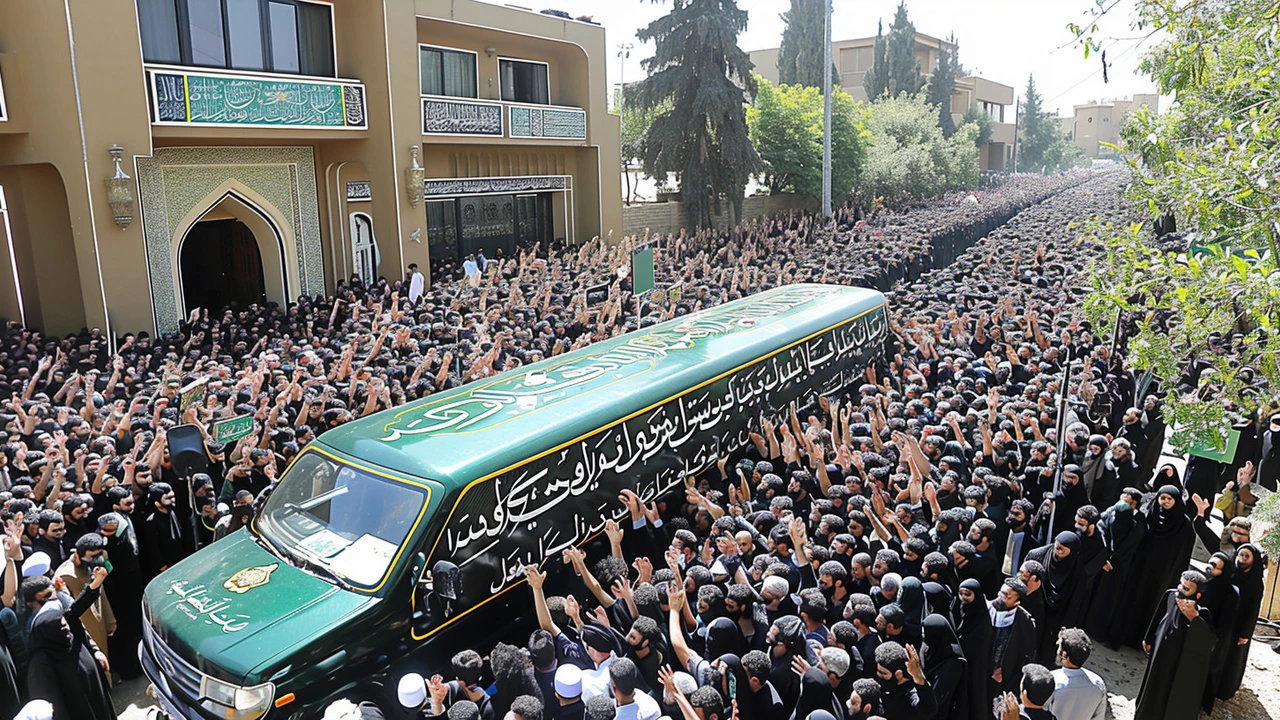
The Aftermath and Future Prospects
The sudden death of President Raisi has undoubtedly created a void in Iran's political landscape. Yet, it also presents an opportunity for new leadership to emerge and build upon Raisi's legacy. The impending elections will serve as a critical juncture in determining the future trajectory of the nation. It is a moment for political leaders to reinforce Iran's position and chart a path that not only honors Raisi's achievements but also addresses the evolving challenges and opportunities on both domestic and international fronts.
The candidate nominations starting on June 10 will mark the beginning of a crucial phase in Iran's democratic process. It will be a period of intense political activity, with debates, campaigns, and public engagements aimed at securing the trust and votes of the populace. The election results on July 8 will ultimately reflect the will of the Iranian people and set the stage for the country's next chapter.
Regional and Global Implications
The outcome of Iran's presidential election will have significant implications beyond its borders. It will influence regional dynamics, particularly in the Middle East, where Iran plays a central role. The election results will be closely watched by neighboring countries and global powers, each with vested interests in Iran's political stability and strategic direction.
Furthermore, Iran's relationship with key global players such as the United States, Russia, and China will be shaped by the new administration's policies. The election provides an opportunity for resetting diplomatic ties, negotiating new agreements, and addressing longstanding issues. The direction taken by the new president will be pivotal in shaping Iran's foreign policy and its place in the global order.
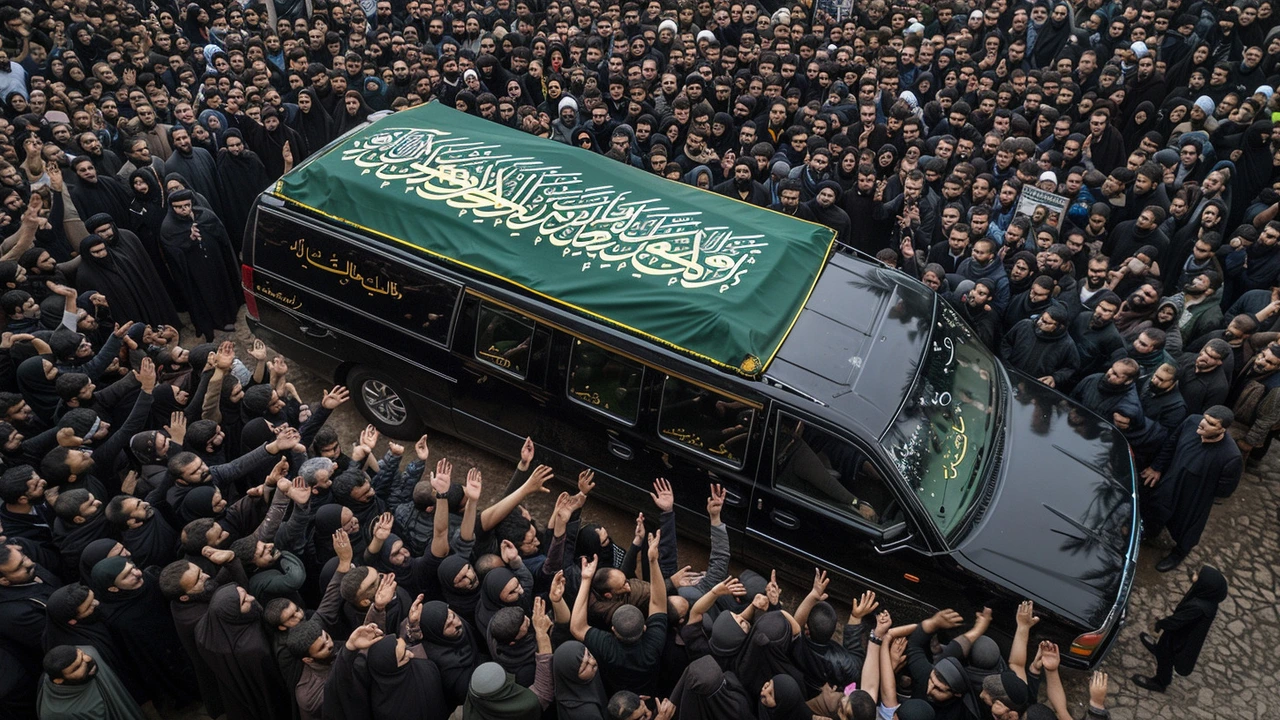
Conclusion
As Iran prepares for its upcoming presidential election, the memory of President Ebrahim Raisi's contributions will undoubtedly loom large. His efforts to strengthen regional relations and assert Iran's sovereignty have left an indelible mark. The nation's resolve to continue its policies of regional integration and resistance to imperialist interventions remains unwavering, as emphasized by Supreme Leader Ayatollah Khamenei. The election presents a crucial opportunity for Iran to build upon Raisi's legacy and navigate the complex political landscape ahead, ensuring stability, progress, and solidarity in the face of evolving global challenges.

